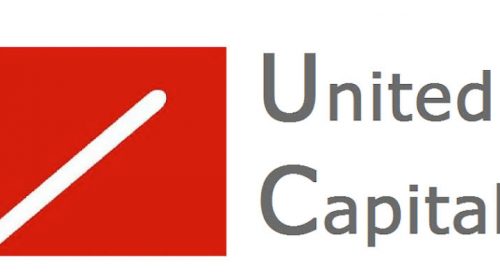Union Bank gives reasons for non-dividend payment for 2015
Union Bank plc has attributed its inability to reward shareholders for the 2015 financial year to negative retain earnings recorded by the bank in the last four years.
Fielding questions from journalists during the bank’s Fact Behind the Figure presentation at the Nigeria Stock Exchange (NSE) in Lagos, the chief financial officer of the bank, Mrs. Oyinkan Adewale disclosed that Union Bank had to abide by the regulatory directive which stipulates non-payment of dividend by company with negative retain earnings until its financial status changes.
“As long as we have negative retain earnings and as long as the regulatory laws of Nigeria prevent you from paying dividend when you have negative retain earning, until we are able to resolve that with the regulators, there is absolutely nothing Union Bank can do about paying of dividend”, she said.
She however appealed to shareholders to be patient with the bank, adding that the bank’s staff and management had succeeded in towing back the bank to profitability which will in turn spell returns on investment.
“From 2011 to 2015, we have a Union Bank that came from a loss of N103 billion to 2011 to profit of N18 billion in 2015. We had a bank that loss 33 per cent of its deposit in 2011 and in 2015 when Treasury Single Account (TSA) was implemented, it grew its deposit by 12 per cent even after losing some deposits to TSA”, Adewale assured.
Earlier in his presentation, the managing director and chief executive of the bank, Mr. Emeka Emuwa who attributed Union Bank’s return to profitability in the first quarter of 2016 to hard-work on the part of the staff and reform measures introduced to the bank, said the bank will continue to invest in people, technology, infrastructure and agriculture for growth sustainability.
Union Bank had in its unaudited results for the first quarter ended 31st March 2016 declared a profit before tax (PBT) of N4.7 billion, representing an increase of 85 per cent when compared with N2.5billion recorded in Q1 2015 while Interest income as well rose by five per cent compared to ₦20 billion posted in Q1 of 2015.
Operating expenses also increased by 3 per cent to ₦14.2 billion against ₦13.7 billion recorded in Q1 of 2015.
By SuperNewsng






Leave a Reply